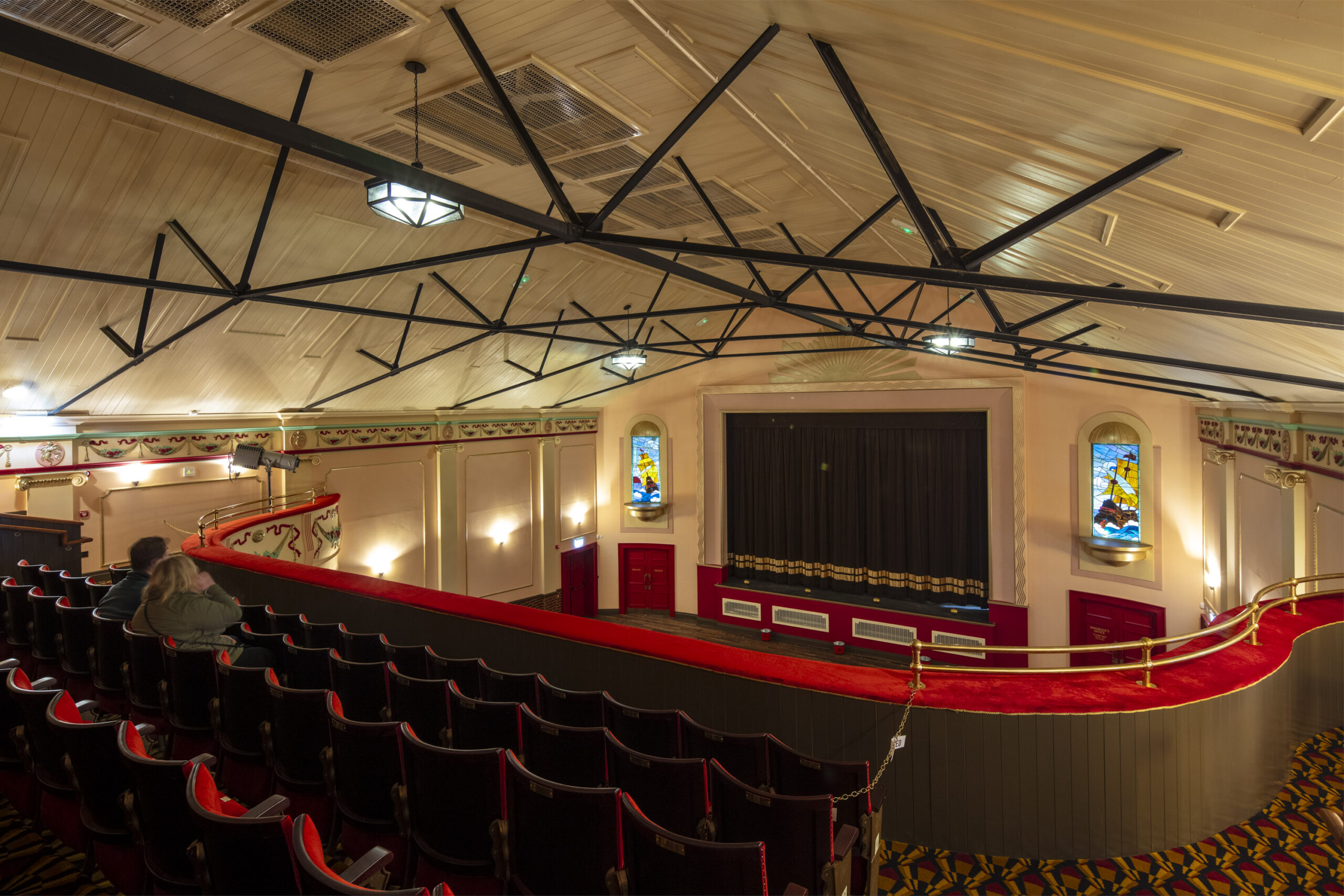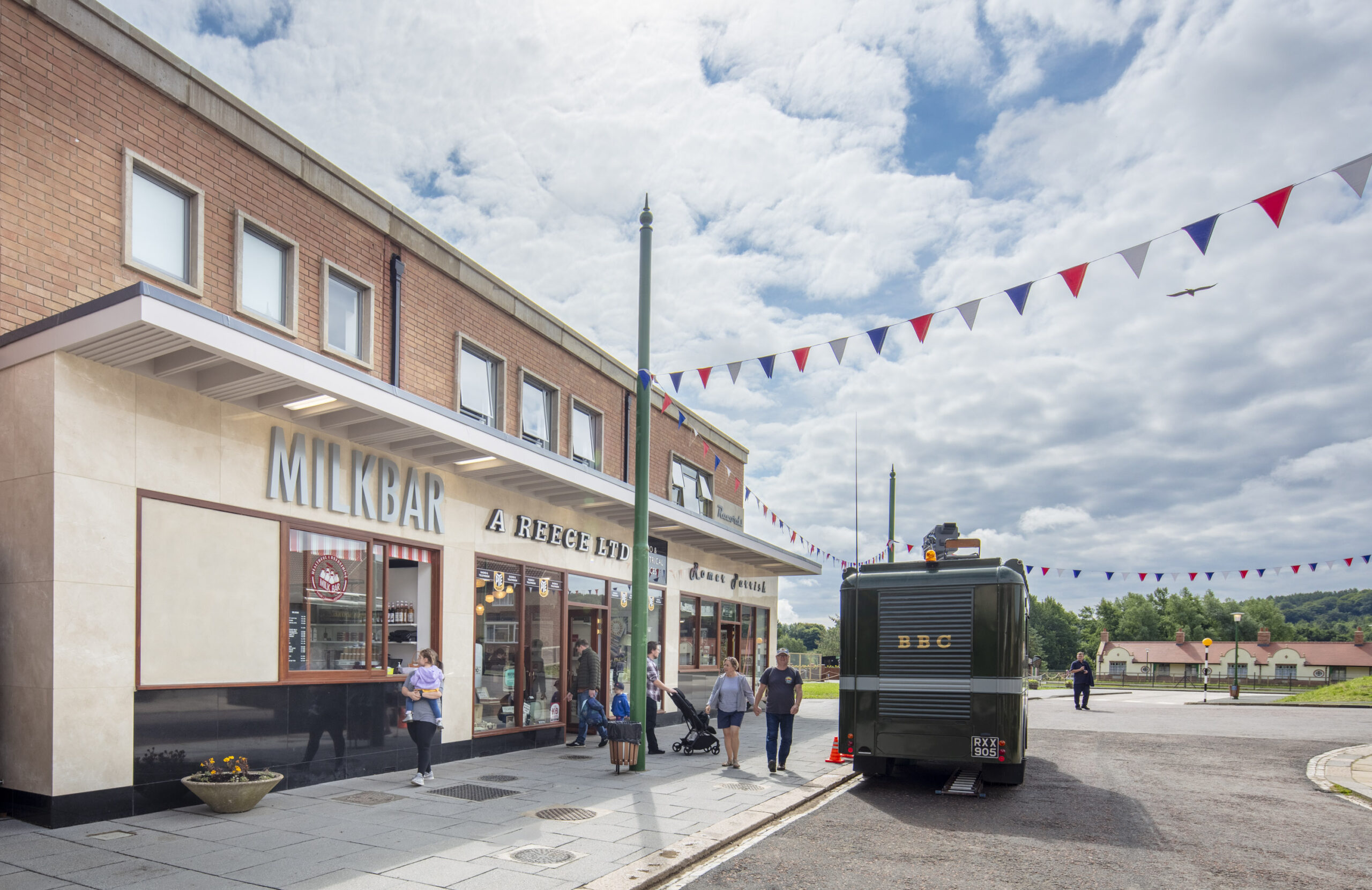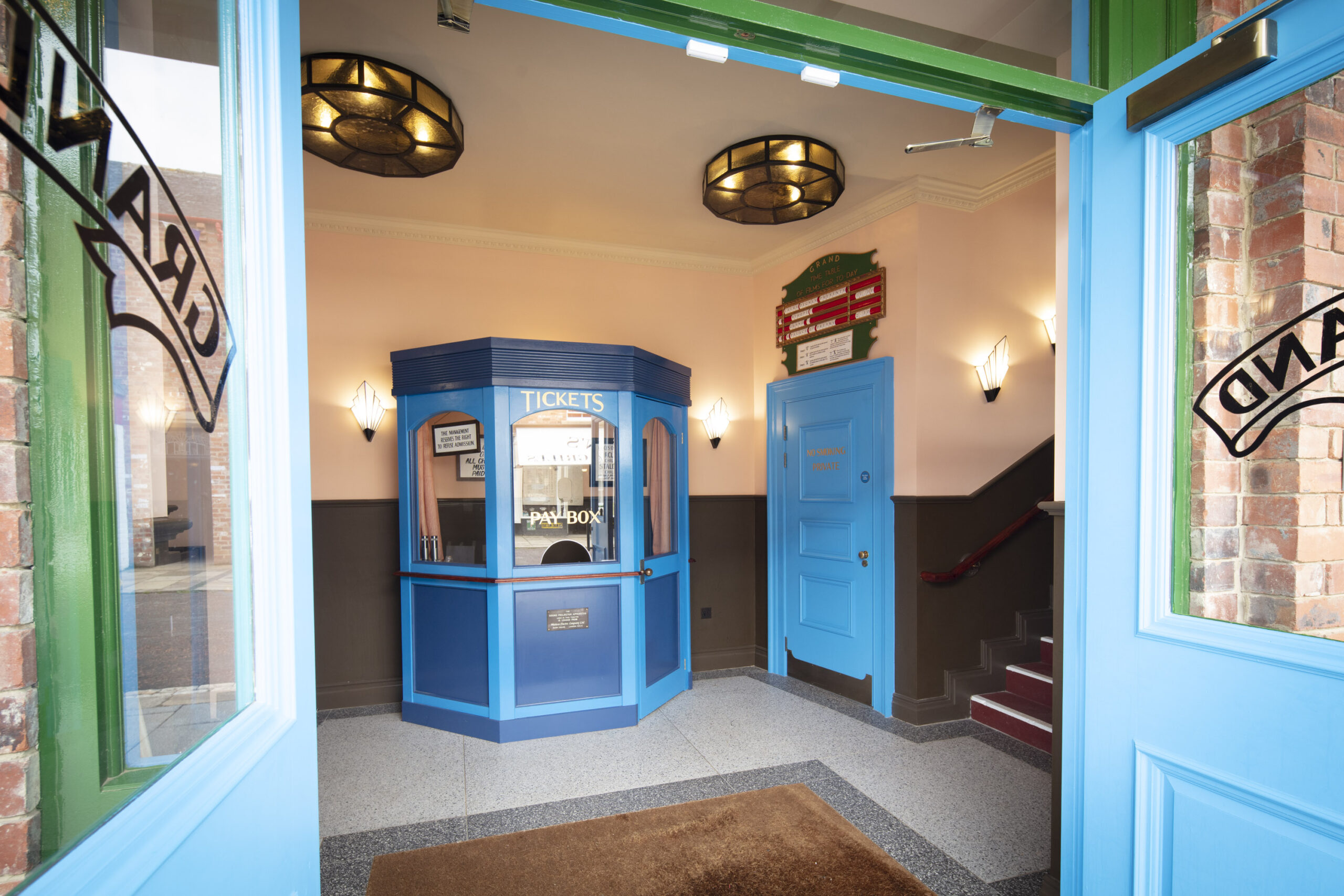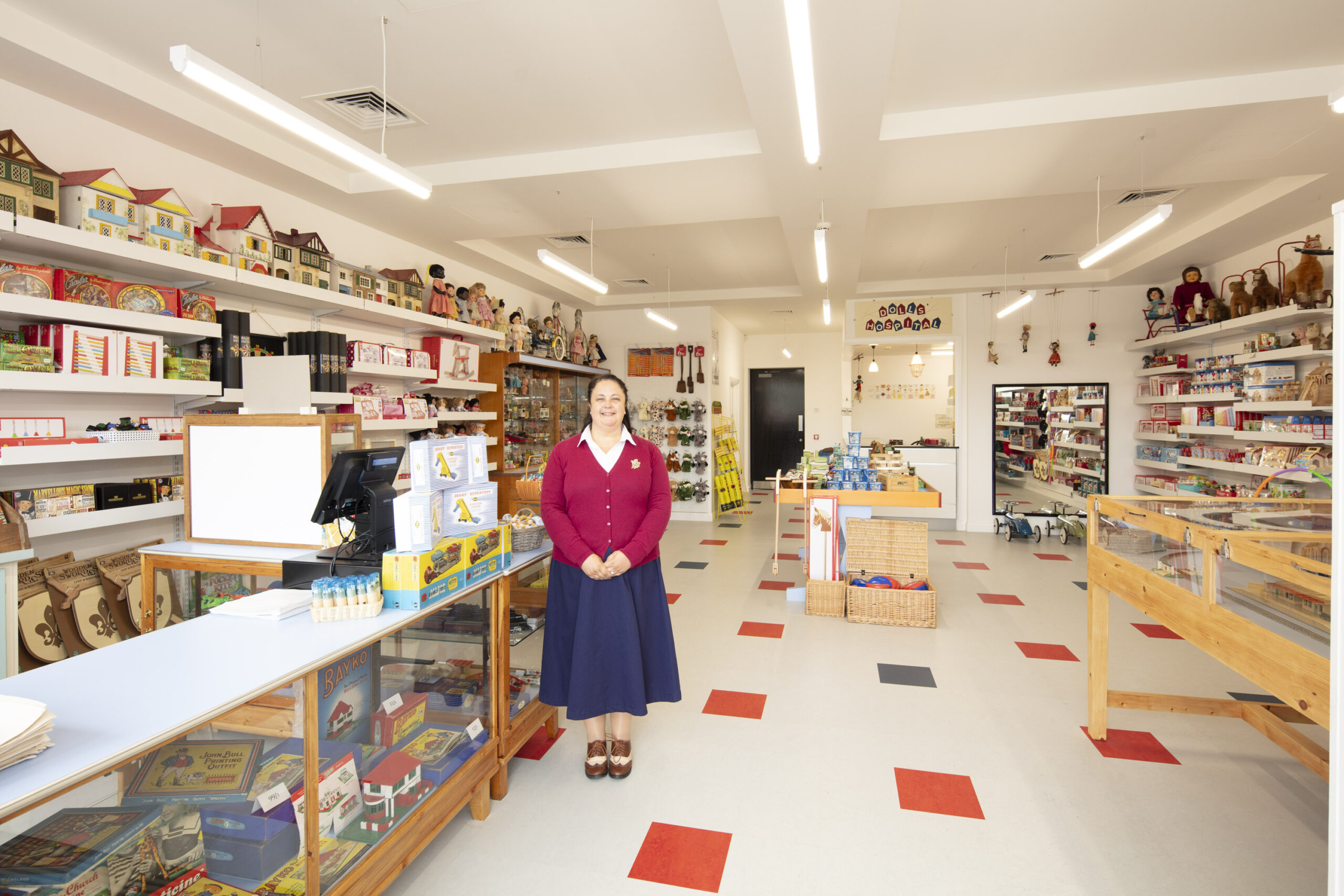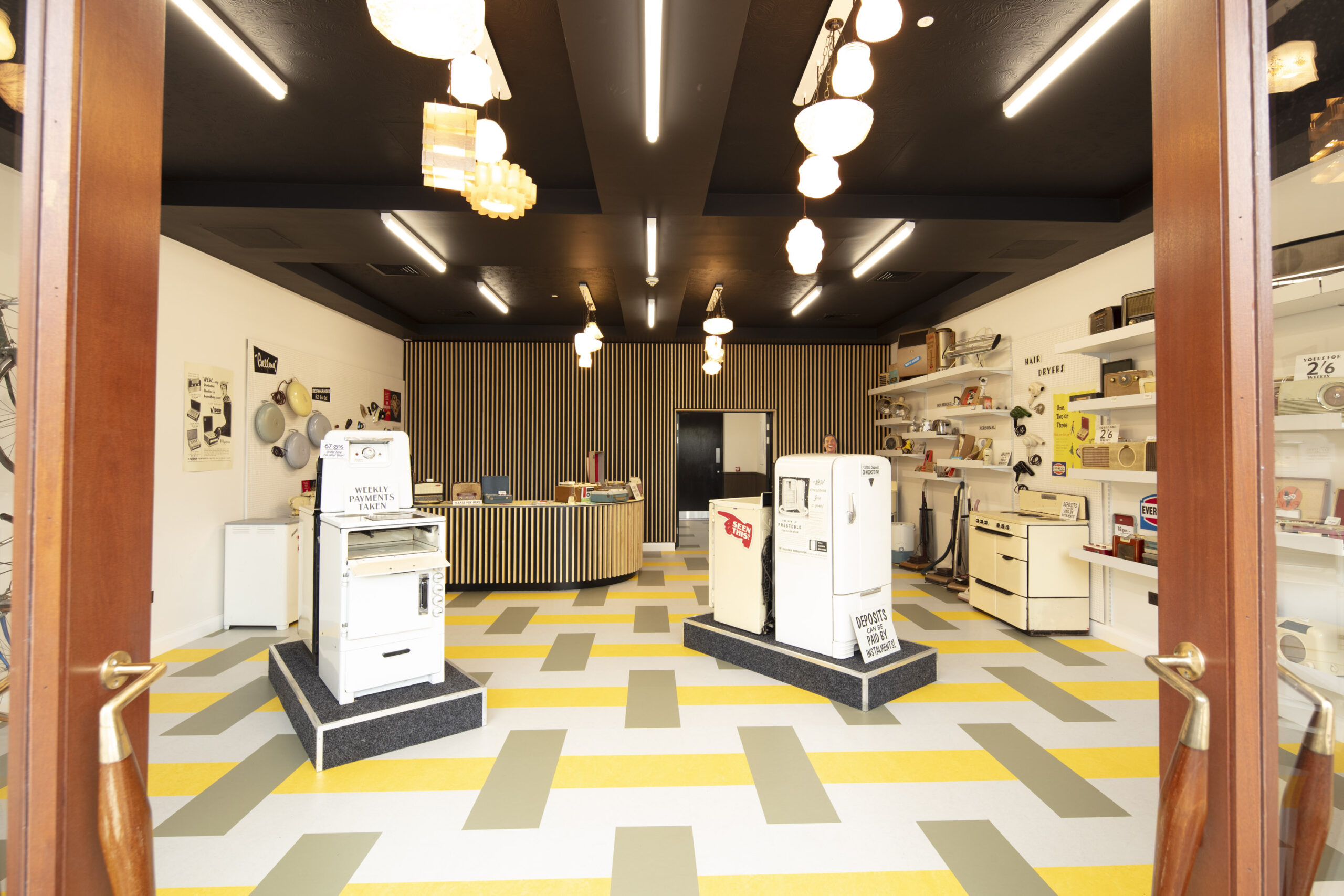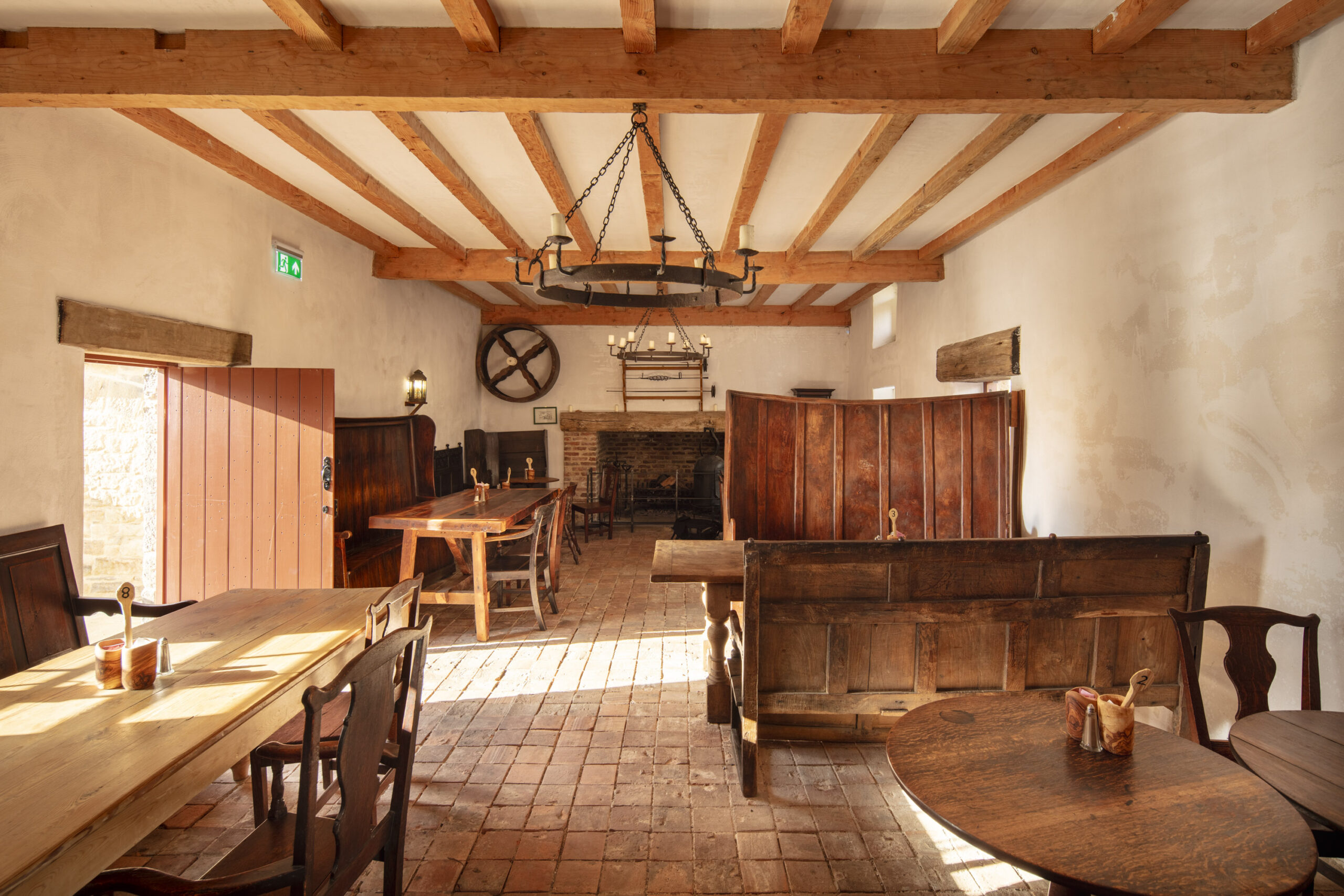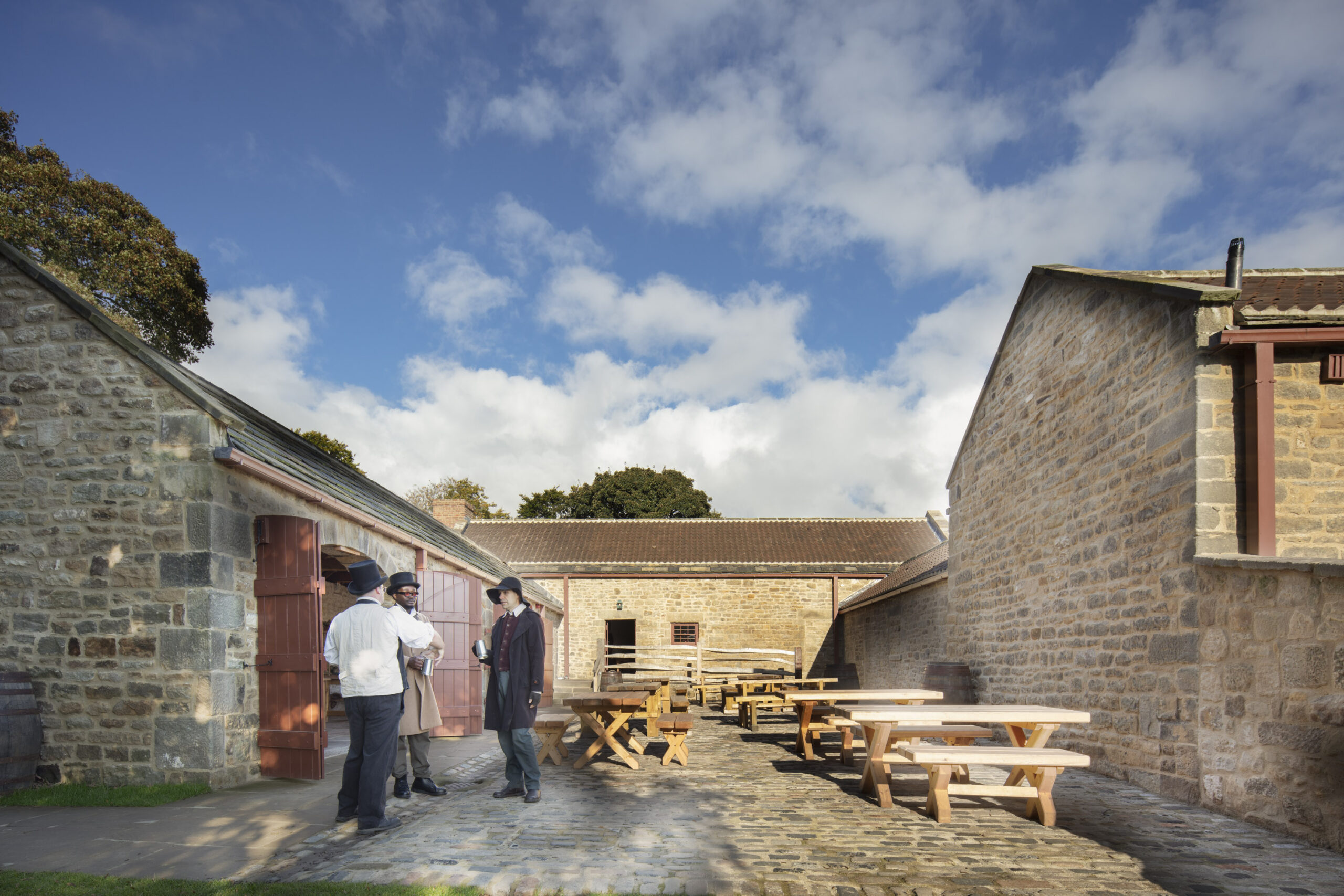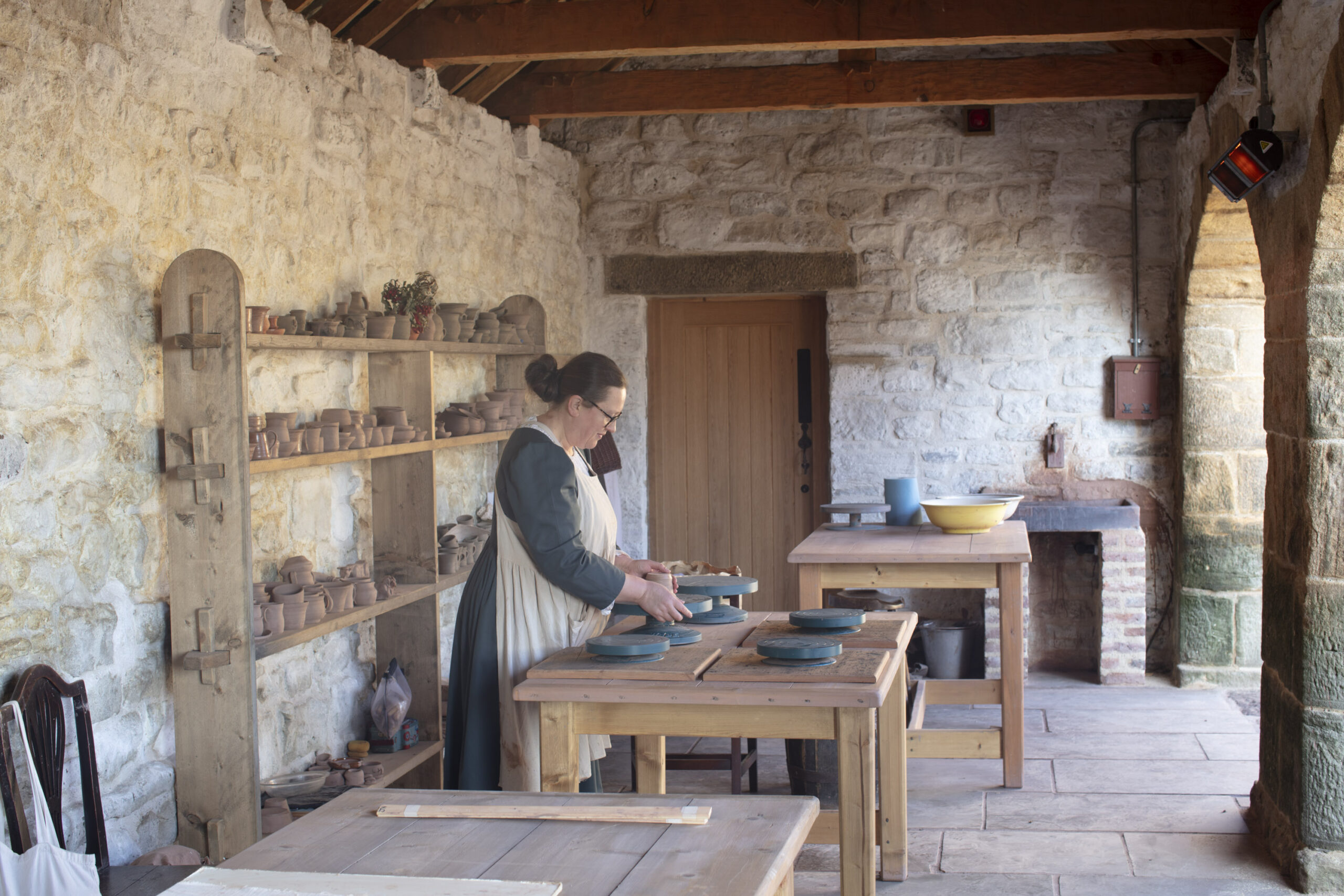Over the summer Brims successfully handed over two new visitor attractions as part of the Remaking Beamish Project, which is the biggest capital development in the County Durham museum’s history. The project was split into two parts in different locations within the museum’s grounds, A 1950’s Cinema, toy shop, electrical shop and record store in the 1950’s town and in the 1820’s Landscape, near Pockerley Old Hall, a Georgian tavern and pottery along with two Georgian-themed self-catering cottages, where visitors will be able to stay over-night in a period authentic setting for the first time.
The recreation of The Grand Cinema from Ryhope, which was hugely popular in the 1950’s and it later became a bingo hall, before it closed and was donated to the museum by Angela and Gary Hepple. The original building underwent a full architectural survey to assess which materials were suitable for salvage and re-use. In 2020 the Grand was dismantled, with re-usable parts and features incorporated into the new cinema at Beamish.
A toy shop named after the popular Roma Parrish store in Middlesbrough, where visitors can see toys from Beamish’s collection and a doll’s hospital, as well as purchase 1950’s style toys and games.
A Reece Ltd Radio and Electrical Services electrical and record shop is named after North East engineer Alan Reece, founder of the Reece Foundation. In the showroom, visitors can browse the latest 1950’s appliances, while in the record shop they can discover popular hits from the day and hear tunes in the listening booths. Also including a STEM learning space, with dedicated facilities to lead activities for schools, inspiring the engineers of the future.
The second part of the remaking Beamish project included The Georgian Drovers Tavern and Pottery, bringing back to life the important story of the drovers who walked hundreds of miles moving livestock and carrying goods across the country, stopping off at taverns such as this to rest. Visitors can dine like Georgians from the tavern’s menu, which is inspired by popular Georgian food and drinks. This is an exciting new venture for the Museum, converting existing (derelict) buildings adjacent Pockerley Old Hall to create overnight accommodation, in a period authentic setting.
The Pottery tells the story of a small independent potter, who would produce wares to be used locally by local people. He would be producing domestic items such as bowls, candlesticks etc he would also make small quantities of bricks and possibly pantiles for local buildings as well as drainage tiles for farmer. At the pottery visitors can see the traditional skill and have a go at making their own creation.
‘The BRIMS site team were excellent – friendly, professional and above all we felt they were really invested in achieving the best outcome for our project. We are really happy with the finished buildings which were a real collaborative effort, and BRIMS played a large part in this – thank you!’
Helen Barker, Director – Collections and Programmes
Beamish Museum
